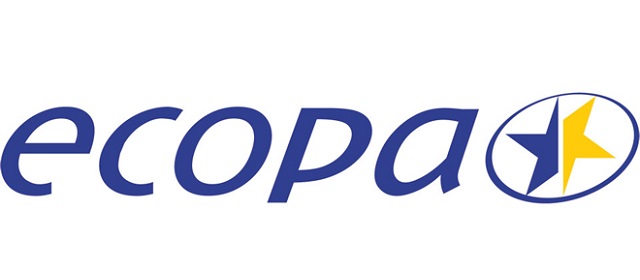[page_title]
The first European Workshop of National Platforms on Alternative Methods took place on the 14th and 15th October 2000 in Brussels.
14 European Countries participated, including EU-member States, non EU-member States as well as EU-membership candidates. The four parties involved in alternative methods, being industry, academia, animal welfare and governmental institutions were represented. Some guests came from relevant organizations and institutions including DG Environment, ECVAM (European Center for Validation of Alternative Methods), the Eurogroup for Animal Welfare, EBRA (European Biomedical Research Association), a consumers organization (Verbraucherinitiative e.V.) and a scientific journal (Nature).
A remarkable eagerness and willingness of the participants for open and constructive dialogue marked the course of events. There was a pronounced wish to identify those issues for which consensus in promoting the 3 R’s (refinement, reduction, replacement) could be reached and that could serve as common ground for action without trying to change each others’ opinion.
It became quite clear that an urgent necessity exists for an intensified dialogue on well-defined issues as well as an increased exchange of information at the European level in a forum like ecopa.
Speakers from various groups and organizations considered ecopa and its inherent concept of bringing consensus platforms together an excellent way to promote alternative methods to animal testing according to the 3 R’s principle. Consensus platforms should, however, be based on equal representation of the 4 parties concerned, industry, academia, animal welfare and governmental institutions.
The speakers expressed the conviction that the initiative of ecopa needed to be pushed forward and that they were willing to work together with ecopa.
In particular, the representatives of DG Environment and ECVAM suggested that ecopa could serve as a go-between for the concerned parties and the EU-institutions. Representatives from countries that have not yet a consensus platform e. g. Finland or Italy, expressed the desire to establish their own national consensus platform with the 4 parties and then to join ecopa.
It was, however, stressed that ecopa should be a slim, efficient and flexible organization that should define achievable goals and advice existing platforms and developing ones. The working language was proposed to be English.
Apart from encouraging statements, the participants also decided on concrete steps for the future work of ecopa. All participants unanimously supported a follow-up meeting in 2001.
A first set of ideas and goals were identified and finally three major tasks for ecopa to focus on were defined:
- networking and promoting the exchange of information; via an ecopa website;
- dealing with matters related to education;
- setting priorities with respect of achievable goals; suggestions to work on issues such as dog as 2nd species, endocrine disrupters, European Pharmacopoeia, HPVC (high production volume chemicals) testing programme; monoclonal antibodies, etc.
A seven-member working group, composed of Prof. J. Castell (E, academia), Mrs. K. Gabrielson (S, animal welfare), Dr. B. Garthoff (D, industry and platform), Dr. J. Kokkonen (SF, government), Prof. P. Maier (CH, industry and platform), Prof. V. Rogiers (B, academia) and Dr. A. van Iersel (NL, platform) was established.
All workshop participants were considered to be the consultation group and to serve as a sounding-board.
The working group will, in a first phase, be in charge of elaborating a proposal for the future structure of ecopa based on the written suggestions, made and given in by the participants during the workshop. The working group will also make the meeting report and be responsible for the preparation and organization of the next ecopa workshop. Also funding sources will be attracted.
